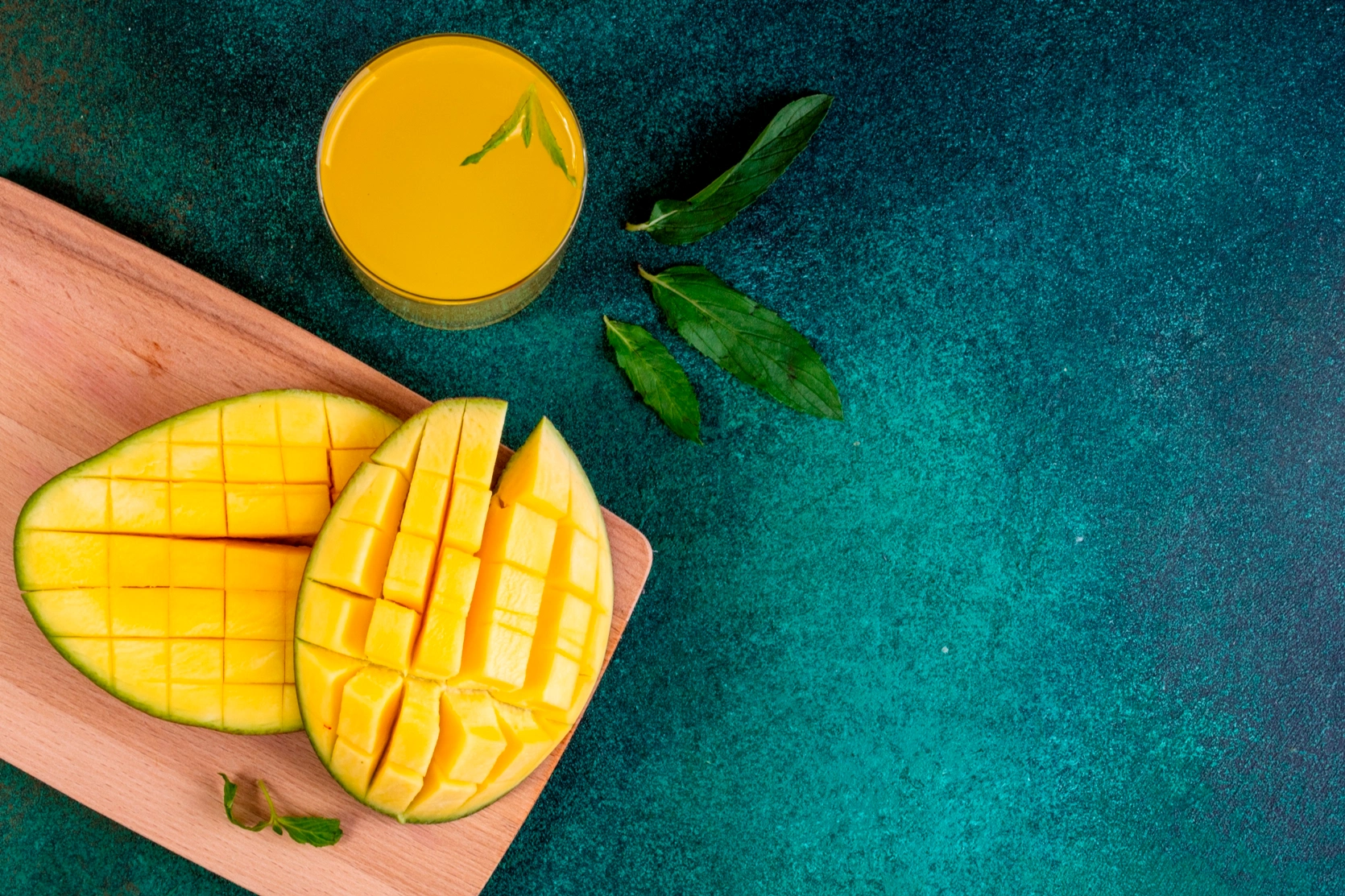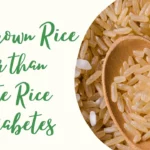Mango “the king of fruits” is a nutritionally rich fruit with unique flavor, fragrance, taste and health promoting qualities. Mango is also the national fruit of India. The tree is believed to be originating in the sub-Himalayan plains of the Indian sub continent. The average weight of the fruit ranges from 150 gms to 2 kgs.
Can diabetics eat mango…?
People having diabetes fear eating mangoes as it is a sweet fruit and it raises your blood sugar levels. But people with diabetes can surely enjoy their mango but in moderation. Sweet fruits like mango have a lot of sugar, but fruit sugar is different from processed sugar (white sugar) because it’s balanced out by fiber and a host of nutrients for the body. Natural sugar or fruit sugar contains fructose which has less fluctuations on your blood sugar compared to actual glucose (white sugar)
Mango Nutrition facts:
Mangoes are rich in
- Antioxidants
- Vitamin A – Good for the eyes
- Vitamin C – helps to build your immune system
- Vitamin E and B – Prevent cellular damage and help with body metabolism
- Minerals – Minerals such as calcium which is good for the bone, potassium which is an important component of cell and body fluids that help in controlling heart rate and blood pressure, and copper which is required for the production of red blood cells.
- Omega 3 FA – Prevention of cardiovascular diseases like heart problems and also good for lowering your cholesterol.
- Fats – 0% fats
So what is stopping us from eating mangoes?
Apart from the above nutrients mango also contains calories and carbohydrates.
Mango – 100gms | Apple – 100 gms |
Calories – 60cals | Calories – 52cals |
Carbs – 15gm | Carbs – 14gm |
Fiber – 1.6gm | Fiber – 2 gm |
Glycemic Index – 51 | Glycemic Index – 40 |
Apple and mango contain the same amount of calories and carbohydrate and they have almost similar effect on your blood sugar levels as glycemic index of both the fruits are nearly the same.
Fruits are full of natural sugar so the carbohydrates are natural they are good and not processed. So it is healthier to have natural sugar in your diet.
When and how much we can eat…?
You can have 1 fruit a day in dived portions (half at a time). The best way to eat mango is in between meals or just after lunch as a desert. If you are having mango with your meal then you need to substitute or you have to replace your calories and carbohydrates in your meal.
So if you have diabetes there is no need to hesitate or fear eating a mango. Yes, a person with diabetes can enjoy a taste of mango but in moderate amount with proper calorie distribution in a meal with proper carbohydrate counting as suggested by your dietician.




